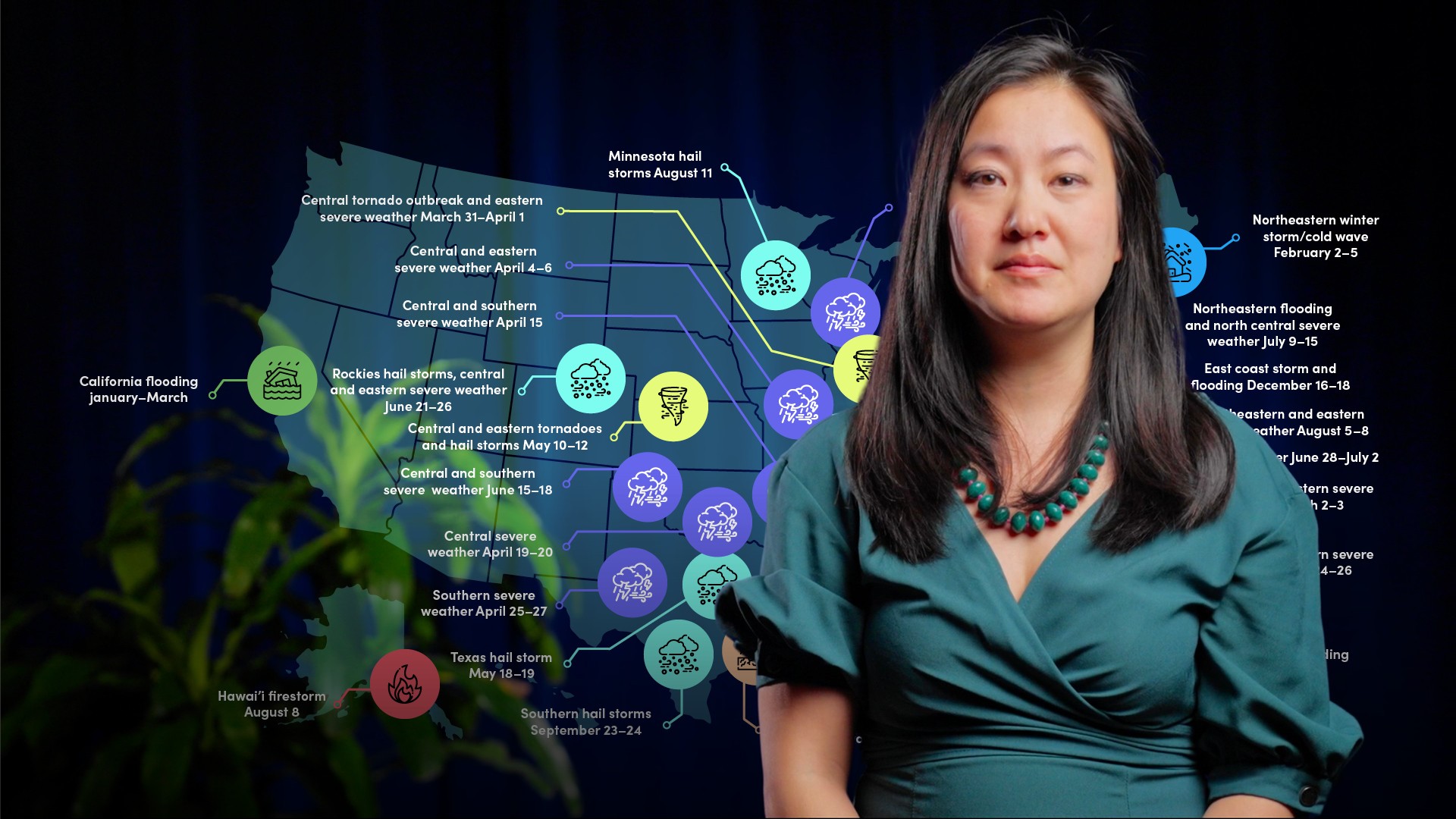Why has climate action historically lacked reliable data?
For years, climate data was underutilised because environmental systems are complex and difficult to measure consistently. Unlike financial or business data, emissions tracking lacked standardised methodologies, leading to fragmented reporting and unreliable insights. Governments and corporations often relied on voluntary self-reporting, making accountability weak. However, the growing realisation that “you can’t manage what you don’t measure” has shifted focus toward better data collection, analysis, and integration into climate policy and corporate sustainability efforts.
How is digital innovation improving climate accountability?
New technologies like smart meters, AI-powered emissions analysis, and Earth observation satellites are revolutionising climate data collection. AI-driven tools such as ChatNetZero simplify climate commitment analysis, boosting transparency and corporate accountability. Remote sensing allows real-time tracking of emissions and carbon sinks, eliminating reliance on self-reported figures. These innovations provide precise, automated data, helping businesses, investors, and policymakers make informed decisions. They also expand emissions tracking to resource-limited regions, making climate accountability more equitable and globally inclusive.
What challenges hinder the effectiveness of climate data?
Several obstacles prevent climate data from driving real change. Greenwashing remains an issue due to a lack of standardised reporting requirements, allowing companies to exaggerate sustainability claims. Data exchange is inconsistent, as different organisations use varied accounting tools and formats. Smaller entities, especially in developing countries, face resource constraints that limit emissions tracking capabilities. Additionally, regulatory misalignment across jurisdictions means climate targets and data requirements differ, making it difficult to coordinate large-scale, effective climate action.
What role do regulation and governance play in improving climate data accuracy?
Strong regulation is essential for ensuring climate data drives real action. Without mandatory, standardised reporting, organisations can manipulate climate targets without making real progress. Regulators must enforce transparency, data accessibility, and alignment across industries and governments. The UN’s push for mandatory fossil fuel phase-out plans alongside net zero targets highlights the need for more stringent accountability. Well-designed governance frameworks will determine whether digital innovations in climate tracking translate into measurable emissions reductions and impactful policy changes.

































